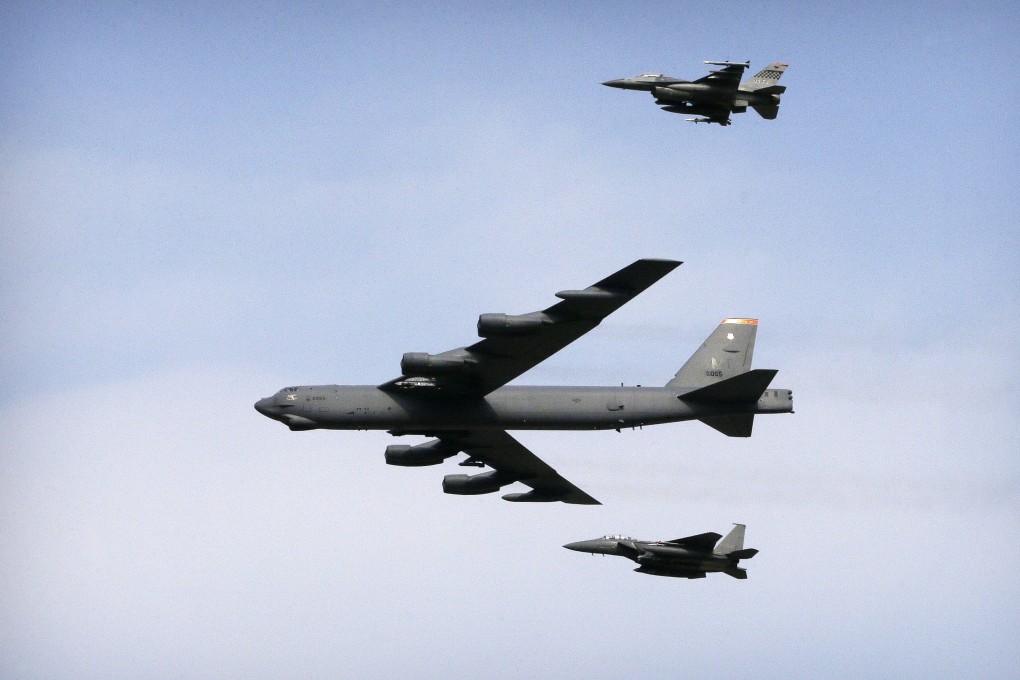Opinion | B-52 bomber deal with US hijacks Australia’s foreign policy independence
- The Australian defence establishment’s military provocation of China threatens the country’s sovereignty and regional stability
- The deal undermines Australia’s diplomatic efforts, and will make its air base a prime target in any US-China conflict

The claim by Australian politicians that this US deployment does not make Tindal airbase a target in any widespread regional conflict is simply nonsense. Blinded by the prospect of millions of defence dollars flowing into a moribund regional economy, the Northern Territory government has welcomed the expansion.
The announcement, officially confirmed only after details of the plan emerged in a report by the Australian Broadcasting Commission, appears to be a carefully manufactured leak.
The plan is in substance more symbolic than evidence of any new strategic intent. The presence of B-52 bombers operating in Northern Australia airspace has been a regular part of Australian military exercises in previous years. That is nothing new, and in this sense the expansion of on-ground facilities to better handle these aircraft is of little concern.

